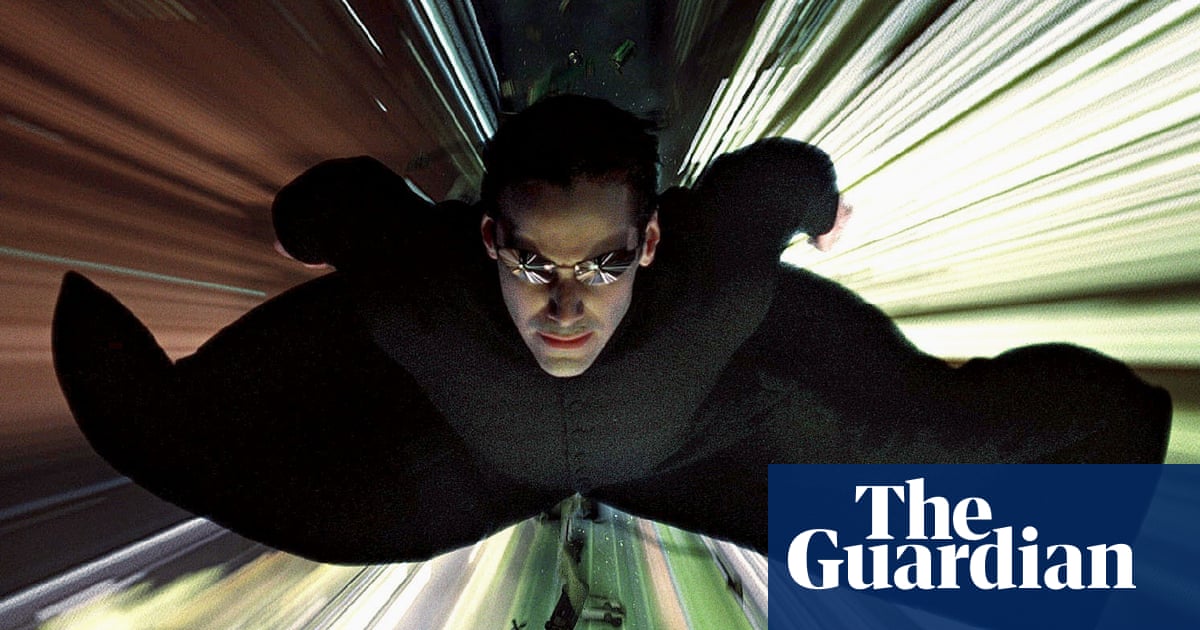Never say we don’t take you anywhere with these newsletters. I write this from the departure lounge at Berlin Brandenburg airport, where I can recommend its simulacrum of fish and chips but cannot recommend its security line (seriously, queue up early).
I’m here for a conference run by a tech company you’ve never heard of that makes a technology you’ve never used: Matrix. That’ll become important later.
Single points of failure are a big issue in tech. Whether it’s the chaos when cybersecurity company CrowdStrike pushed out a wonky update to millions of users in July, or the frustration when Netflix goes down, it’s increasingly common to discover just how reliant we are on a handful of companies.
Which brings us, in a transition that is as smooth as I am awake after two days of networking, to Disney.
Taking the Mickey
The House of Mouse has had enough with Slack, the company announced internally last week. It follows a July data breach, orchestrated by a group protesting the rise of AI-generated art, that made public all 44m messages, 13,000 pdfs and even more spreadsheets. It was a hugely embarrassing moment for the company, and even worse for the point of failure: Slack.
Anarchic protests against AI could fill an entire edition of TechScape, so for now let’s focus on the key message: Disney was using the chat platform Slack and now it’s not going to. The internal message announcing the change, uncovered by the Wall Street Journal, doesn’t directly say “we are switching because we are unhappy with Slack”, but it did say “where we have opportunities to leverage more integrated tools and platforms we should”.
That news broke hours before I spoke to Matthew Hodgson and Amandine Le Pape, the co-founders of Matrix, which is designed to be the opposite of Slack in almost every way. Rather than being under the central control of a single company, Matrix’s messenger and Slack-like workplace productivity tool is distributed and decentralised, meaning that it’s effectively hack-proof and impossible to take down.
Follow the white rabbit
Even if there are still ways that data could have been let loose to the world through Matrix, the messaging service can make use of Disney’s travails to highlight how it encrypts its data. The duo behind Matrix brought up Disney three times in our conversation.
Hodgson and Le Pape are trying to get organisations to adopt Matrix, pitching it as a way for companies to reduce their reliance on single points of failure. Hodgson told me the arrest of its founder, Pavel Durov, and the concerns it raised about what happened to the data his company held, is a lesson for many to learn from.
after newsletter promotion
And yet, the Matrix co-founders were candid about their chances of becoming the next Slack. “The thing is, a lot of private-sector companies absolutely don’t care that the majority of their discussions are unencrypted and stored by Microsoft,” Le Pape said about the world’s over-reliance on Teams. “It’s quite incredible.”
Convenience over competence?
I’d argue, actually, it’s perfectly credible. The conference was incredibly techy. There were quite a few times when things went farther over my head than the flights that are taking off as I look out the window by gate D06. And that’s why, right now, we are on Slack or Teams instead of using Matrix.
At least the past 25 years of tech development have been about removing barriers and friction. We don’t always use the best products, but we use the ones that are the easiest to tinker with. Convenience is king when it comes to tech, and it’s that which will mean – even after data breaches and other catastrophic issues – that companies continue to use the recognised names.
I don’t know if we’ll ever really change that approach. It’s why Bluesky, which like Matrix is decentralised and distributed, hasn’t yet cut through to the mainstream, even while X continues its slide into obsolescence. It’s why Linux, which is a more fully-featured and powerful operating system compared to Apple and Microsoft’s offerings, remains a relatively niche interest. And it’s why I admire the Matrix team’s honesty about the challenges ahead for them.
If you want to read the complete version of the newsletter please subscribe to receive TechScape in your inbox every Tuesday.







